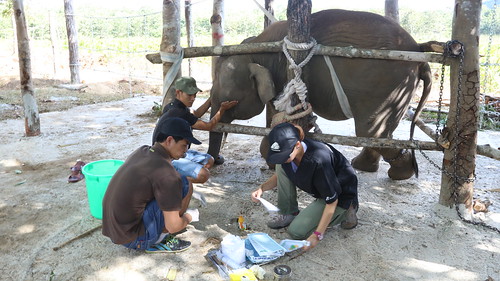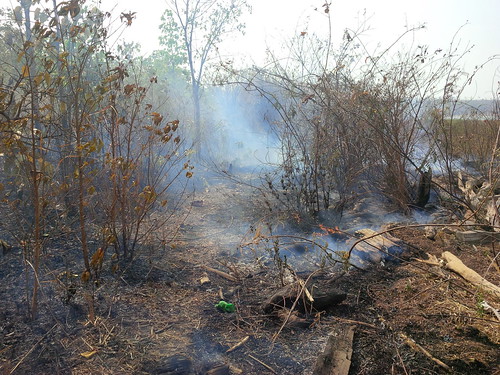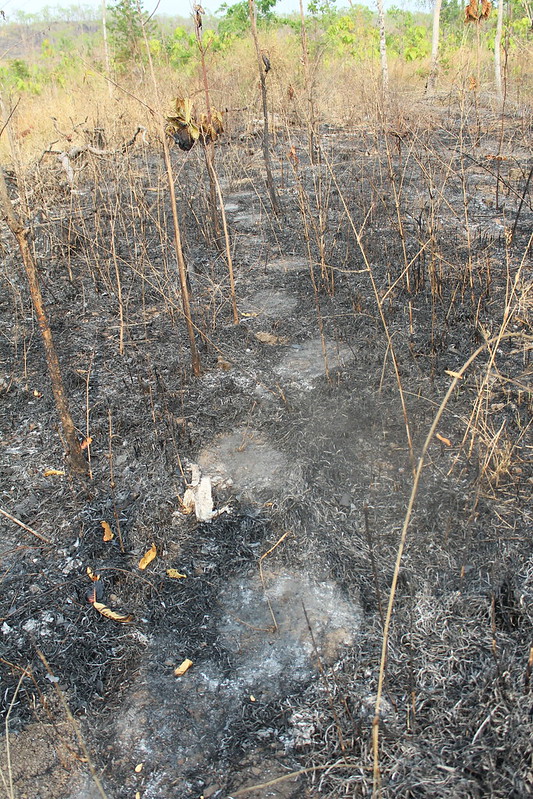Vietnam told - take a lead and retire your elephants
13 May 2016

No elephant festivals, no tourist rides. Animals Asia says Vietnam should take a lead in Asia and let its elephants live in peace instead of being used for work and entertainment.
Each spring the Buon Don Cultural Festival in Vietnam sees elephants playing football, racing each other and providing rides for tourists - but each animal participates only through fear of pain.
A mahout with a bullhook is the difference between each elephant taking part and their refusal.
Animals Asia is campaigning for an end to the use of elephants at the festival, and an end to their use for tourist rides. Instead they ask for the elephants to be retired and for the elephant owners to work with the Elephant Conservation Centre (ECC) to provide an environment meeting behavioural needs, until they can be taken care of at the ECC sanctuary due to be built in the region.
At the sanctuary, elephants will be placed within appropriate social groupings allowing them to live out the rest of their lives in as near-natural a state as possible.
Animals Asia Animal Welfare Director Dave Neale said:
“No matter how gently the bullhook may be used - as it might be in the presence of tourists - at some point it had to be established as a negative reinforcer in order to be effective. That means causing enough pain that the animal remembers and seeks to avoid that experience by complying. A smaller handheld ‘jab-stick’ may also be used in sensitive places such as behind the ears, to ensure it complies with the instructions from the mahout.
“Elephants kept for racing and for tourism in the Buon Don district in Dak Lak province have a low quality of life. They are routinely tethered with minimal chances to display natural behaviours. They can work through the hottest parts of the day with little food or water or time to rest.”
Recently - while trying to reintroduce an elephant calf to a local herd - Animals Asia representatives came across a 34-strong wild herd. The sighting gave some hope that there were perhaps greater numbers of wild local elephants than had first been thought. But the same group reported such worrying levels of degradation of their habitat that fears for their future are higher than ever.
Meanwhile also making headlines in Vietnam, are elephants dying of exhaustion due to overwork. There have even been requests from local authorities to import Thai elephants to boost numbers.
Dave Neale added:
“What is absolutely clear is that this model for ‘elephant tourism’ is not sustainable on any basis. The elephants are living without basic needs. They are being overworked and they are dying. Meanwhile natural habitats continue to be damaged, threatening wild elephants.
“We say to Vietnam - why not take a lead? End this. Be the country that shows respect to these animals. End the exploitation - the elephant festivals and the tourism. Instead let’s look at how people can see these elephants being elephants. Surely even putting aside animal welfare it makes sense as a long-term commercial decision too. Elephant rides are sadly common throughout Asia but Vietnam could be unique.”
The ECC is building a sanctuary in Buon Don district. Animals Asia is working in partnership with Wild Welfare, Elephant Care International and the North Carolina Zoo - as part of the Vietnam Elephant Initiative (VEI) - as well as alongside independent elephant welfare experts. Together they will provide advice and support on the design of a centre for elephants rescued from the local tourist trade, and the appropriate care of rescued elephants. As part of its work VEI is also lobbying for an end to the use of all elephants for entertainment - including the protection of the remaining wild elephants.
Among the goals of the ECC facility is ensuring the welfare of the elephants receives the high priority it deserves and that the facility can help establish social groups for rescued elephants that may have been isolated for decades.
BACK







 Healing the hidden wounds
Healing the hidden wounds
 Early summer awakening at the China Bear Rescue Centre
Early summer awakening at the China Bear Rescue Centre
 5 reasons the dog meat trade must end
5 reasons the dog meat trade must end